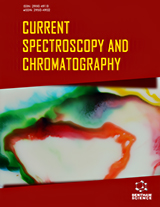Abstract
The use of gas-phase ion mobility separation in LC-MS based bottom-up proteomic experiments is described. A data-independent acquisition approach was employed in combination with one and two dimensional reversed phase liquid chromatography separations. The ion mobility component in the acquisition schema affords additional acquisition specificity and improved peptide resolution in terms of system peak capacity. The additional acquisition specificity was mainly achieved by means of the combined retention and drift time association of product to precursor ions and chemical noise reduction. Experimental data from replicate experiments were utilized to determine the rate of increase for the number of detected ions and deconvoluted accurate mass – retention time pairs and protein and peptide identifications as a measure of peak capacity by varying mass spectral resolution, consideration of multidimensional separations and the incorporation of ion mobility into the analytical schema. The presented data reveals a high degree of reproducibility at the ion detection, peptide and protein level, when analyzed under identical conditions, with a concurrent average increase in the number of identified peptides and proteins of 160% in the instance of mobility assisted acquisitions. Two-dimensional separations independently improved the peptide and protein identification rates by another 260% and 320%, respectively. Collectively, both separation techniques, reversed phase chromatography and ion mobility, increased the peak capacity and number of peptides and proteins significantly. The applicability of the technique and instrument platform for qualitative and quantitative proteomics studies will be demonstrated.
Keywords: Ion mobility, traveling wave ion guide, liquid chromatography, mass spectrometry, proteomics, data independent analysis, two-dimensional, peak capacity




























